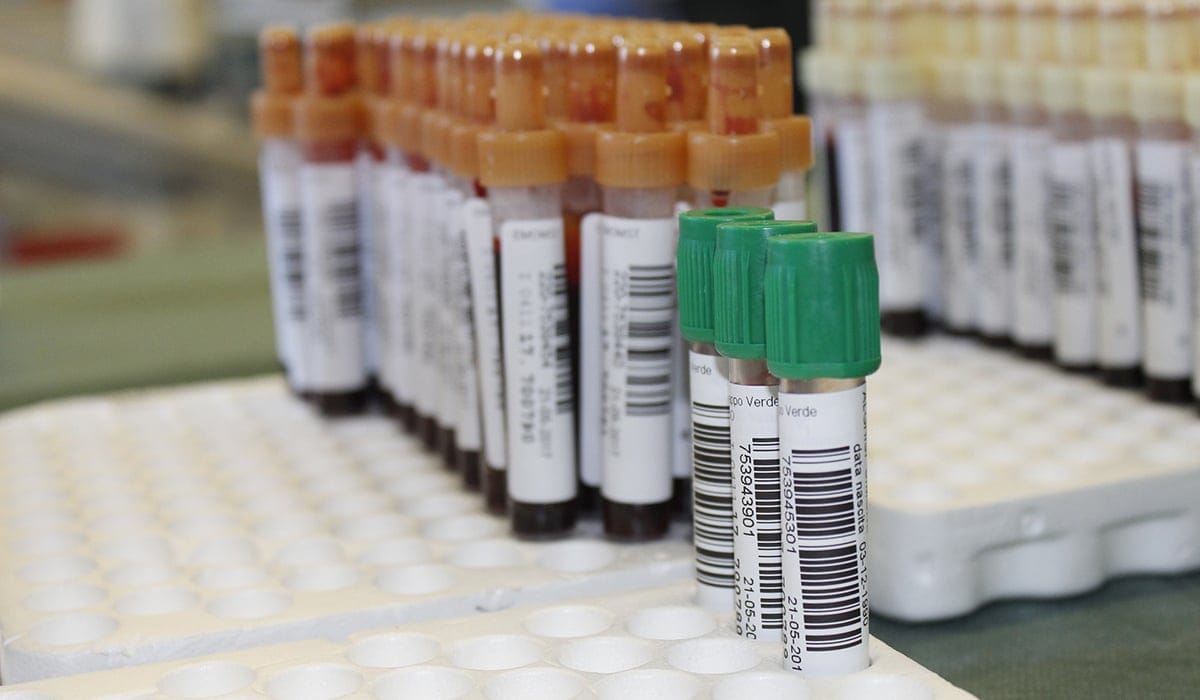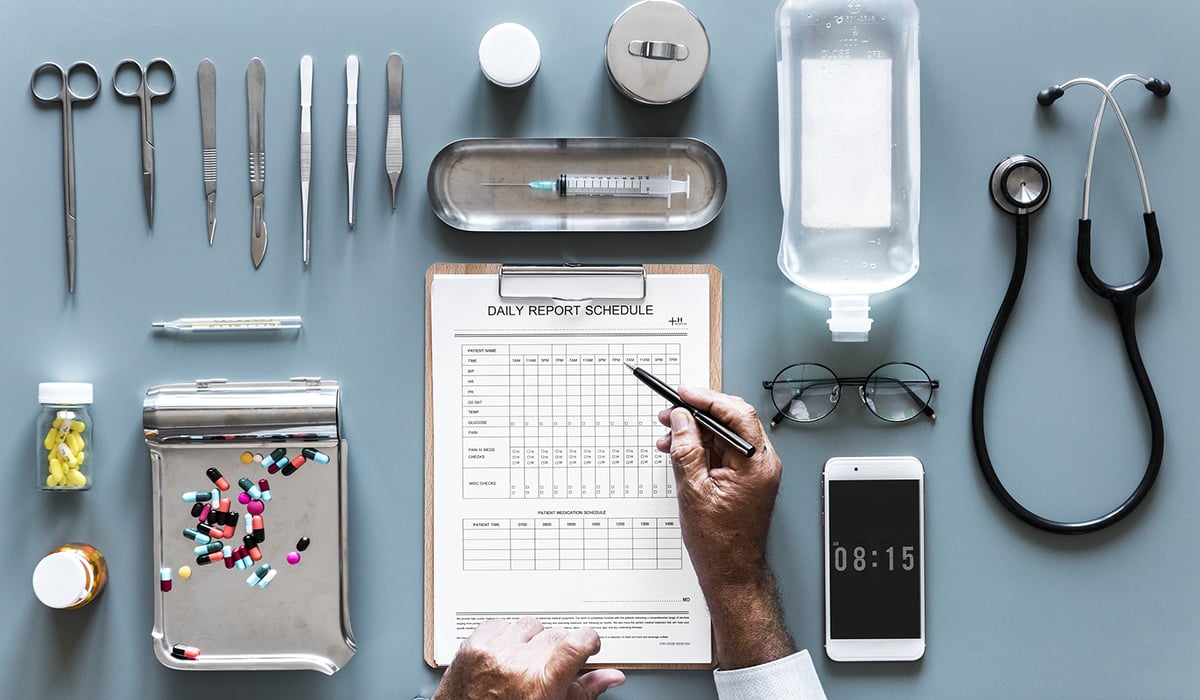Interesting Facts About Egg Donation
You may have heard your female friend or relative mention that they are about to become an egg donor. Thus, you might want to find out more facts about egg donation process. Having done some research, you probably feel even more confused than you were in the beginning. That is due to the sheer amount of sometimes contradictory information available online.

We understand your problem and we want you to be sufficiently familiar with the egg donation process before you decide whether you would like to be an egg donor or not. While egg donation is not overly demanding, it still calls for a certain level of responsibility and dedication to the cause to be a good egg donor.
In this article, we are going to explain the basic facts about egg donation to you. Therefore, you will get all the necessary information before you decide whether being an egg donor is a good idea.
Quick Facts About Egg Donation
In a nutshell, becoming an egg donor means that you are going to provide your eggs to someone who wants to conceive a baby but is unable to do so for various reasons. Sometimes egg donors help couples who cannot have children for medical or genetic reasons. Alternatively, a single man or a same-sex couple willing to have kids can look for egg donors.
The process of egg donation is fairly simple. The donor needs to undergo some medical examinations. Moreover, she has to take certain medications according to her menstrual cycle. As soon as it is done, she has the eggs retrieved in a relatively simple surgical procedure. After that, the eggs are given to the recipient so that they can be combined with the father’s sperm and implanted into the uterus of the mother.
How Long Does The Egg Donation Process Last?
Many women think that they can just come into an egg donation agency office and donate their eggs on the very same day. Unfortunately, that is not possible, as female egg donation is a lot more complicated than the sperm donation procedure for men. For a successful retrieval, the female reproductive organs have to form several eggs, and this can only be achieved with due preparation and medical attention. Generally, the egg donation process lasts up to 4 months from the moment you decide you want to be a donor and until the point when your eggs are retrieved.
How Does The Egg Donation Process Happen?
One of the most important facts about egg donation is its procedure. Let`s overview the whole procedure and
Application and selection
Having decided you want to be an egg donor, you will need to submit an application to the egg donor agency of your choice. The agency will need to analyze your profile to decide whether they want to work with you. If you are a suitable candidate, you will be invited for further stages of selection. You will find out more facts about egg donation. Moreover, you will have the opportunity to ask healthcare professionals any questions you may have and undergo psychological tests. The whole process normally lasts 1-2 weeks, depending on how quickly your application is processed and how soon your further appointments are scheduled.
Matching with intended parents
Having gone through application and selection, you will become one of the approved egg donors. After that, you will meet with a couple who would like to have you as their egg donor. Should you accept the match, you will need to undergo further medical screening and tests.

Possibly, you will do that at a fertility clinic of the intended parents’ choice. You will need to have an overview of all medications you are currently using as well as keep track of your menstrual cycle. During the medical tests and appointments phase, you will also have a meeting with an attorney to discuss the legal aspects of your egg donation.
Normally, the matching phase is the longest one because it is hard to predict how soon you will get a match, how soon the appointments with our healthcare professionals can be made, and how long the legal work is going to take. You can expect it to last from one to two months, but be prepared to experience a longer matching phase, too.
Taking the medication

Now that the legal paperwork is ready and you have gone through more medical screening. You will need to wait until your next menstrual cycle begins before you can start taking the medication. After about three weeks of taking it, you will start receiving additional injections and have early morning monitoring appointments to check how the medication is interacting with your body. You will receive the last injection 36 hours before the scheduled egg retrieval. The whole medication cycle typically lasts around 4 weeks.
Egg retrieval
This is the final stage of the egg donation process. The surgical procedure for retrieving the eggs requires twilight anesthesia. During the retrieval, the doctor will use an ultrasound probe to direct a special needle through the tissues of your vagina to collect the eggs from each ovary. This procedure normally takes no more than 30 minutes.
The fertility clinic will inform you about the precautions you’ll have to take after the egg retrieval. Also, be mindful of any strange symptoms you might have because there is a small chance you will develop ovarian hyperstimulation syndrome (also known as OHSS). OHSS describes a specific reaction to the hormones, in which the body “overreacts”. OHSS has to be dealt with by healthcare professionals as soon as possible. However, it is usually relatively easy to resolve. The vast majority of egg donors fully recover from the donation process within a month after the egg retrieval.
Who Can Be An Egg Donor?
There are some basic requirements that have to be met by each and every egg donor:
- older than 19 and younger than 28;
- no issues with the menstrual cycle;
- a healthy reproductive system;
- good general health;
- stable mental health;
- no smoking, doing drugs, or drinking too much alcohol;
- ready to be assessed by healthcare professionals.
In addition, there are some further requirements from various clinics and/or the intended parents. You have to be ready to deal with those requirements or find another agency.
Summing Up Facts About Egg Donation
Bear in mind that egg donation is definitely not an endeavor that anyone can pursue, even if they have the noblest of intentions. You have to be willing to temporarily change your lifestyle and possibly your daily routine to accommodate the appointments with doctors, attorneys, and prospective parents. You have to understand that you need to be very responsible and disciplined about your commitment. Do not jeopardize your health and the well-being of everyone participating in the procedure. If you feel like you may not be able to deal with 3-4 months of abandoning your usual lifestyle, it’s okay. Just make sure that you realize it before you already discussed it with to the future parents.
We are always ready to answer any questions you might have about becoming an egg donor and help you go through the egg donation process smoothly and trouble-free.